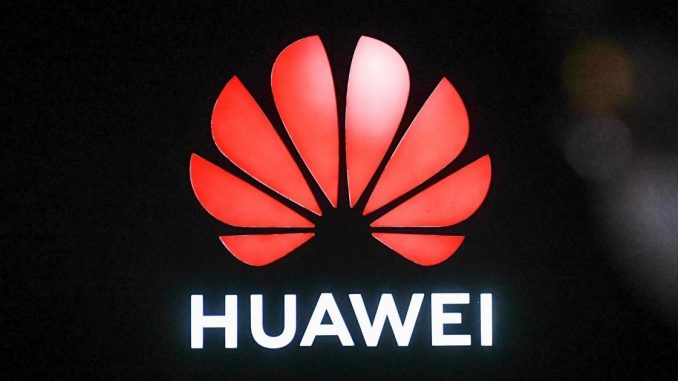
Even as China flexes its muscles, threatening to invade Taiwan, even at the risk of world war, The Wall Street Journal reports that Huawei, the most important tech company in China — and one that is closely linked to its military — has been crippled by sanctions and other punishments imposed by former President Donald Trump during his years in office.
The WSJ reports that “Huawei is in the midst of a deep slump. … Now, its revenue has dropped for three straight quarters. The company has fallen to No. 9 in smartphone sales, with buyers evaporating from Europe to China.
“Its global telecom market share is shrinking as it loses out in key markets, a result of U.S. pressure designed to halt the spread of Huawei’s 5G technology plus concerns by some customers over its ability to remain technologically competitive.”
The Trump administration’s war on Huawei was more than just an America-first commercial rivalry.
American intelligence experts have long accused the company of building spyware into its 5G products, spreading its tentacles around the world.
China’s imperialist model is unlike any other in world history.
While emulating past empires in augmenting its military capability and accumulating economic power, it tries to use information technology to gain access to the private writings and even thinking of billions of the world’s people, much as it uses such tactics to control 1.4 billion of its own people.
Under Trump, the U.S. waged a highly successful campaign to stop Huawei from expanding its global reach. The WSJ reports:
“The restrictions imposed by the U.S. have choked off Huawei’s access to chips from suppliers even outside the U.S., prompting the Chinese company to sell its budget phone unit and to forecast up to $40 billion in lost smartphone revenue this year. It relied on China for two-thirds of its revenue last year, compared with half in 2017.”
Trump deserves lots of credit for waging war against Huawei.
Huawei has been blocked from 5G rollouts in the U.K., Japan and Australia largely due to Trump administration efforts.
Now, the company is increasingly relying on the electric car market to bolster its sagging fortunes, but there are many competitive players in that arena.
The WSJ reports that “Washington’s campaign has used some of the most destructive tools in its arsenal, and they have succeeded, forcing Huawei to experiment with new business lines, cede overseas territory and foster a supply chain independent of the U.S., all while its stockpile of high-end chips diminishes. Rarely, if ever, has the U.S. directly taken on such a big overseas company and had such an impact.”
After prompting from U.S. Justice Department officials, Canada arrested Meng Wanzhou, a leader of Huawei and the daughter of the company’s founder, on charges of lying to banks about Huawei’s relations with its Iranian subsidiary and of extensive theft of international intellectual property.
Three months ago, the DOJ for some reason agreed to suspend the fraud charges against her and Meng went free.
But Biden Commerce Secretary Gina Raimondo insists that the U.S. will continue to interdict Huawei’s access to advanced chips.
Will Biden keep up the pressure on Huawei, or will he be blinded by the payments Chinese Communist Party “businessmen” have showered upon his son and — reportedly — him as well?
